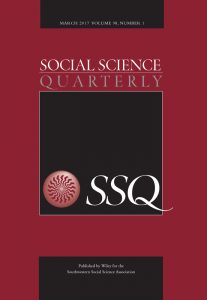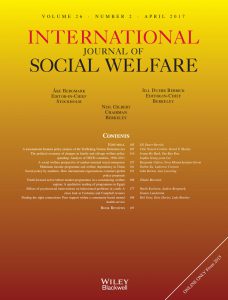election day and attributing blame
In elections, we determine who to vote for via a number of factors: party affiliation, the economy, the character of the candidate, advertising, etc. It’s a complicated process. One key force in determining the outcome of elections is who is attributed responsibility for both the pitfalls and promise of a given state of the nation, state, city or even district. The process of attribution, generally explored by social psychologists, and usually used to describe blame for negative events, plays a key role in our voting practices, especially where incumbents are concerned. For instance, the incumbent party is less likely to maintain dominance when the economy is bad because constituents are likely to blame said faction for economic woes. The heated races in Virginia, New Jersey and upstate New York taking place today will, in their aftermath, be prime examples of attributing blame to candidates based on the party that is nationally dominant. President Obama’s campaigning for Jon Corzine is no coincidence in a year where democrats desperately want to maintain their majority, but fear that people will attribute the blame for the still sluggish economy to the party itself. Democrats are likely also concerned that things like the lack of movement on health care and the increasing disappointment with how the war in Afghanistan is being handled may even cause some conservative democrats to vote against the party – to attribute the blame for these situations to the various Democratic Candidates running today, even though they have had nothing to do with these decisions. Finally, attribution, in this case, might work in the opposite direction; if democrats lose offices today, those losses will likely be attributed to failures of the Obama administration, thereby assigning blame to the President for a loss of faith in democratic leadership. Conservatives are hoping that voters blame Democrats for such things as the high rate of unemployment and that this attribution will lead them to regain a little bit of the power lost in January.
Attribution affects how we react towards our own party and the opposition. For instance, in today’s Mayoral election in New York City, Democrats must ask themselves who to blame for the high cost of living that has only increased over the last eight years. If it’s Michael Bloomberg, things work out quite neatly – blame befalls the candidate of the opposite party. However, as most New Yorkers are, democrats are also concerned with, for example, problems in the public education system and with crime, both of which were abated during the last eight years. Do Democrats vote for their own party’s candidate, Bill Thompson, even though they attribute improvements to the current Mayor? We’ll find out. Voting is obviously more complicated than playing the blame game, as these attributions only take us so far – in the end, there are many other, perhaps more important factors at play, but it is important to note the power that attributing blame to an individual, or in this case, a political party, can have on the outcome of elections. Think about the big questions asked in the last Presidential race: Who was responsible for the war in Iraq ? (Hillary Clinton lost major points with her party for this), Who was responsible for the economy’s collapse? (Republicans lost major points with the majority of Americans for this), Who was responsible for the health care crisis, who for the the overcrowded prisons, the crumbling education system, etc.? Ultimately, who we attribute blame for these issues is often beyond “real” responsibility – it also has a great deal to do with our perceptions of responsibility. But in either case, where we place the blame for (usually the bad, but also the good) events certainly looms large in elections.





1540-6237/asset/SSSA_Logo-RGB.jpg?v=1&s=c337bd297fd542da89c4e342754f2e91c5d6302e)
This post on theories of attribution is great! It is an interesting way to think about electoral behavior. Thanks!
Keri